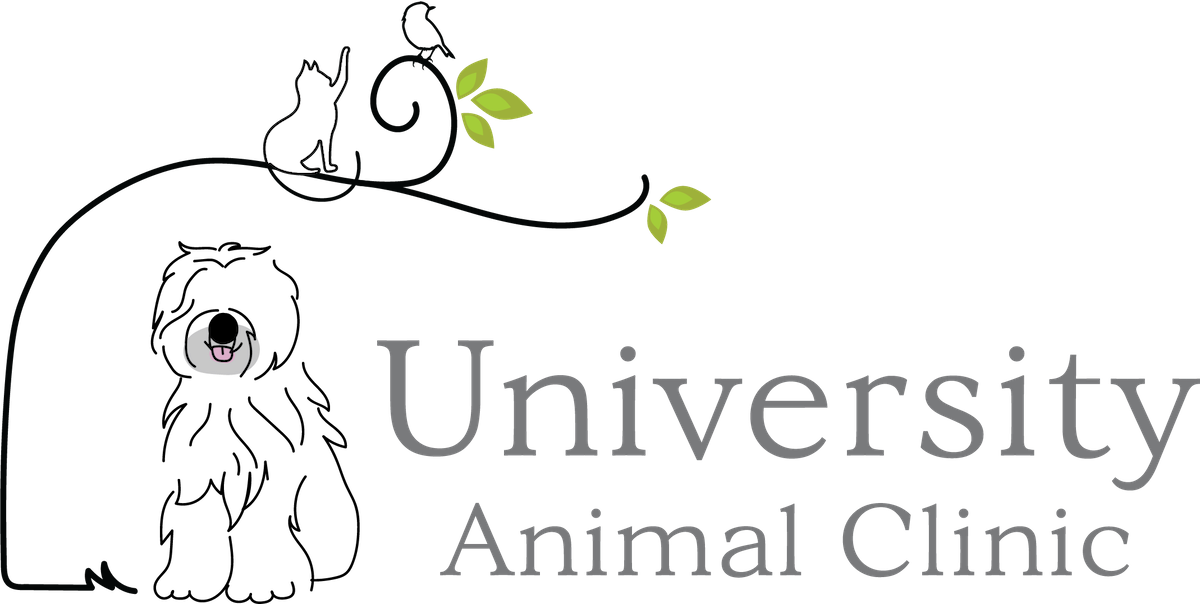
The holidays are a time for families to be together, carols to be sung, and for decking the halls. But some of these decorations and gifts may include any number of beautiful yet possibly dangerous plants for our 4-legged family members. Some of these plants truly are dangerous to our pets and children while others have simply gotten a bad rap over the years.
Are Poinsettias Toxic To Pets?
Poinsettias are commonly seen in households during the holidays but could they be a form of toxicity for our furry family? Poinsettias have been publicized as something to keep your pets far away from but they are actually only mildly toxic to pets. It is the sap which is detergent like in composition that contains the chemicals that cause the toxic symptoms seen. Poisonings seen from poinsettias are rarely seen. Signs of poisoning are mild and mainly pertain to the GI tract such as vomiting, drooling, or rarely diarrhea. If the sap is exposed to the skin irritation can occur such as redness, swelling, and itchiness. There is no antidote for this form of toxicity but since it is very mild symptomatic treatment is usually all your pet needs.
What Common Plants Are Toxic To Pets?
Even though poinsettias are not known to be extremely toxic there are numerous other plants that are commonly seen throughout the year and during the holidays that can be very toxic.
- Christmas trees: Although curious pets are likely to taste or play with this symbol of yuletide joy it is rarely toxic. Eating the needles off of a Christmas tree can be irritating to the mouth and stomach which may cause drooling or anorexia it rarely leads to the need for pets to be hospitalized.
- Holly: Holly plants can be very poisonous and contain toxic chemicals, called saponins. All parts of the plant are toxic but it’s the berries that our pets are drawn to. When ingested they can show symptoms such as lip smacking, drooling, head shaking, vomiting, and diarrhea.
- Mistletoe: Although most of the time we hang mistletoe high enough as to prevent ingestion by our pets, this plant is considered very poisonous. The chemical found in mistletoe is called phoratoxin and can cause vomiting, abdominal pain, diarrhea, even changes in blood pressure.
- Jerusalem Cherry: This plant can look similar to holly with spiny green leaves and red berries, but it is a species of the nightshade family. It is very poisonous and contains an alkaloid called solanocapsine. The fruits are the most toxic and can cause gastrointestinal disturbances, stomach ulcers, seizures, respiratory depression, and shock.
- Lilies: There are many species of lily such as daylilies, Easter lilies, lily of the valley, Japanese snow lilies. All are extremely toxic to pets and cats in particular. Lilies are one of the most toxic household plants for cats and as little as 2-3 petals from the flower can result in renal failure. The initial symptoms can appear more like GI upset such as vomiting and diarrhea, but if left untreated it can progress to full renal failure in just a few days.
Many of these plants are seen as a staple of flower and plant arrangements around the holidays. As such they can fly under the radar and make their way into our homes. Being an aware pet owner and looking through any plant that is brought into your home for toxic plants will go a long way in protecting your pets. If you have any questions about the symptoms your pet is experiencing or if a plant in you home is toxic you can check out the Pet Poison Helpline’s website. This site has photos and in-depth information on all toxic plants. Or you can call the animal poison control center 24/7 at 855-764-7661.
Happy Holidays!
